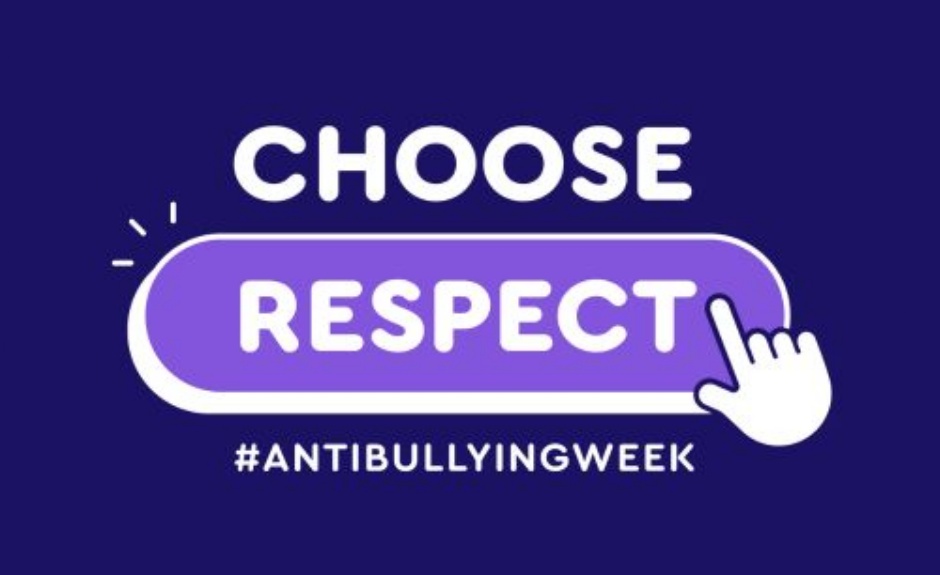Just a little respect…

This week we the Pilgrims’ boys participated in Anti-bullying Week. Mr Butcher spoke to the boys about the value of respect during assembly on Monday, and they were also given the opportunity to wear odd socks to recognise the importance of respecting diversity.
Respect is one of the cornerstones of a well-functioning society. It fosters positive relationships, reduces conflict, and helps individuals live harmoniously with one another. For children, understanding and practising respect can lead to better social interactions, emotional growth, and a more empathetic world. Teaching children the value of respect, however, is not always straightforward. It requires intentional effort, modelling positive behaviours, and creating environments where respect is consistently reinforced.
Respect is more than just good manners; it involves recognising the inherent worth of others and treating them accordingly. It encompasses many facets, including:
- Respect for others: This includes kindness, listening to others, valuing their opinions, and considering their feelings.
- Respect for self: This involves maintaining healthy boundaries, practising self-care, and acknowledging one’s own worth.
- Respect for differences: Children must learn to appreciate diversity in backgrounds, beliefs, and abilities, treating everyone with dignity regardless of their differences.
- Respect for authority and rules: Respecting authority figures — whether parents, teachers, or community leaders — ensures order and helps individuals learn how to function within a larger societal structure.
Teaching respect not only improves interpersonal relationships but also supports the development of emotional intelligence, which is crucial for success in both personal and professional spheres.
Children learn by observing the adults in their lives, and they serve as primary role models for how to treat others with respect. Therefore, one of the most effective ways to teach respect is by modelling it.
Respect is not just a concept; it is demonstrated in action. History is filled with individuals who have shown profound respect towards others, setting powerful examples for us all.
Mahatma Gandhi, the leader of India's non-violent independence movement, demonstrated remarkable respect for human dignity throughout his life. Gandhi’s philosophy of non-violence, or ‘ahimsa’, was rooted in deep respect for all life. Even when faced with immense oppression and violence from the British colonial authorities, he maintained a commitment to peaceful protest, believing that everyone, including his oppressors, deserved dignity and respect. Gandhi’s respectful approach to leadership and his insistence on treating others with fairness, even in the most challenging of circumstances, has inspired movements for civil rights and justice worldwide. His respect for human rights transcended nationality, religion, and race, leaving a legacy of respect that continues to influence global social movements today.
Another example is Rosa Parks; the iconic figure in the American Civil Rights Movement also demonstrated profound respect for herself and others. On 1 December 1955, Parks, an African American woman, refused to give up her seat to a white man on a segregated bus in Montgomery, Alabama. Her quiet act of defiance sparked the Montgomery Bus Boycott, a pivotal moment in the fight for racial equality. What’s important to note here is that Parks’ act wasn’t driven by anger or aggression; rather, it was rooted in a deep respect for her own dignity and the belief that all people, regardless of race, should be treated equally. Parks’ respect for herself and her fellow citizens ignited a movement that brought about lasting social change, proving how one person’s respectful act can alter the course of history.
Discipline, when done correctly, is an essential part of teaching respect. It involves setting clear expectations, providing consistent consequences, and helping children understand the impact of their actions on others. However, discipline should always be framed within a context of love and understanding. For instance, instead of resorting to harsh punishment for disrespectful behaviour, adults should explain why the behaviour was wrong and offer a way to make amends.
Respect is not an innate trait; it is learned behaviour. By modelling respectful actions, encouraging open communication, and providing opportunities for children to practice respect, we can help nurture a generation of individuals who value empathy, kindness, and consideration for others. As children grow and mature, the respect they learn at home and in school will shape how they interact with the world, creating a more compassionate and just society. Like the examples of Mahatma Gandhi and Rosa Parks, one person’s act of respect can inspire and transform entire communities, teaching us all that respect is the foundation upon which lasting positive change is built.
Craig Cuyler
Designated Safeguarding Lead/Director of Wellbeing/
Head of PSHEe








